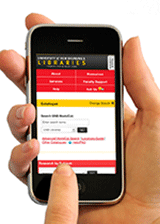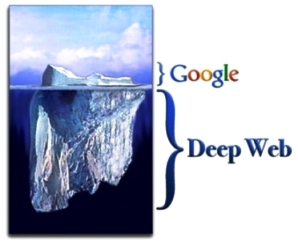
Most of us have near-constant internet access on our phones, tablets, laptops, or desktop computers. Such easy access to information may give an illusion of knowledge. It may be easy to forget that having information is not the same as understanding things and gaining knowledge over time. This type of accumulated learning is what a university education is all about.
One thing that such learning requires is access to the right information. For university assignments, that means having access to the most reliable electronic and printed sources of published information—the best academic articles, books, and other types of documents and publications you can trust.

While public search tools such as Google may give the impression that the most popular and readily-available information is best, for academic research you usually need to dig deeper into library databases, and often into the stacks of library books. Google can only provide access to some of the information on the internet—the tip of the iceberg. Information on the “deep web” is hidden below the surface. This includes electronic publications connected to the library website but available off-campus only by a university password. Special sites such as Google Scholar can get you started, but are not as comprehensive as the library databases found on the UNB Libraries' website.

Gaining knowledge also requires an investment of time—time to search out and find multiple sources of reliable information, time to critically evaluate your search results and closely read them, as well as time to prepare your paper or presentation. This guide aims to help you make the best use of your time, providing tips and techniques to help you successfully conduct library and information research, as well as pointers on appropriately incorporating your research findings into a research paper or other type of assignment.